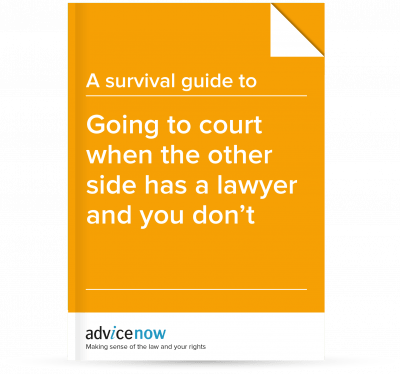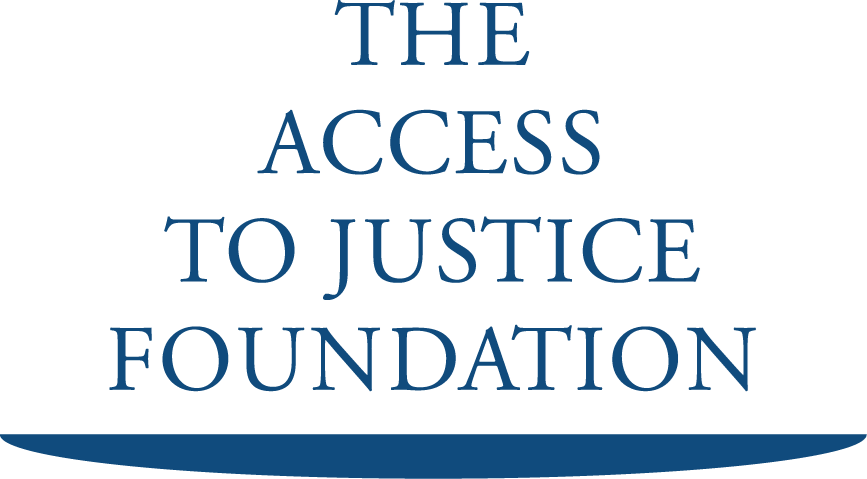The law and the court system in England and Wales can be complex and confusing (even for the lawyers sometimes!)
Understanding who each professional you will come across is, and what their role is will help you focus on more important things. A lawyer’s job is to represent the best interests of their client and to act on their instructions. When dealing with them, it can help to understand that they are just doing their job, and that they have nothing against you personally.
Often, when you go to court the lawyers you come across will be barristers. But this is not always the case, so in the next section we talk about the different lawyers you might meet.
Lawyers
The word ‘lawyer’ is often used to describe someone who is legally qualified and trained to advise and represent someone who has a legal problem. But in fact, people can call themselves a lawyer without being legally qualified or trained. Some lawyers are tightly regulated while other lawyers are not regulated at all.
There are three main types of regulated lawyers you are likely to come across at court. These are solicitors, legal executives and barristers. There are other regulated lawyers too - you can read about the other types of regulated lawyers on the Legal Choices website.
Solicitors are qualified to work in any area of law but now, more often than not, they choose one area to focus on. Solicitors represent a person by running their case for them, and if needed, will prepare the case for going to court. Some solicitors never do court work. For example if you buy a house, a solicitor who helps you with this advises you on property law and does all the paperwork for the purchase, but there is no court involved. Other solicitors, working in different areas of law, do go to court and represent their client at court hearings. Solicitors who do go to court sometimes to do the shorter hearings at the start of a case and then use a barrister to do any longer hearings.
Legal executives
Legal executives are qualified in just one particular area of law and, day to day, work very much like a solicitor. They generally cannot do court hearings unless they do extra training so you are less likely to come across them at court.
Barristers
Barristers work alongside solicitors to give specialist advice on a case to try and settle the dispute before it goes to court. Barristers also get involved in a case when the parties can’t reach an agreement and the dispute ends up in court.
Barristers represent their client by presenting their case and arguing their case as strongly as possible. They also advise their client on how to come to an agreement at court so that time, money and energy can be saved.
In some cases a barrister will be instructed to represent their client at every hearing. In other cases they will just be instructed for the longer hearings when people give evidence and the court makes its final decision about the dispute.
Usually barristers need to be instructed through a solicitor to represent their client at court. But some barristers take cases direct from members of the public without a solicitor being involved. This is called ‘direct access’. You can find out more about direct access by going to the Direct Access Portal.
Other people you will see at court
Not everyone you see at court will be a lawyer. The court ushers will sign everybody in and make sure everyone is ready for a hearing. They will call the case name and may take you into the court room itself. Depending on the court there may be a court clerk in the court room with you. Ushers and court clerks sometimes wear black knee length gowns.
Depending on the type of case you are involved in, when you go into the court room there will be either a judge or three magistrates to hear the case. Magistrates can hear and decide cases just like judges but they are not legally trained. Instead, they are volunteers from the local community. As they are not legally trained, they have a legal adviser in court with them to assist them with the law.
Because of government cuts to legal aid there are more and more people without a lawyer trying to find their way through the court system. You might find that the person on the other side doesn’t have a lawyer to represent them either. They might have the support of a McKenzie friend though. We explain more about McKenzie friends in the next section.




 There are lots of rules all regulated practising lawyers must follow. The most important rules are in their different codes of conduct.
There are lots of rules all regulated practising lawyers must follow. The most important rules are in their different codes of conduct.


 This guide was written and produced by the Advicenow team at Law for Life, with funding from The Bar Standards Board.
This guide was written and produced by the Advicenow team at Law for Life, with funding from The Bar Standards Board.
